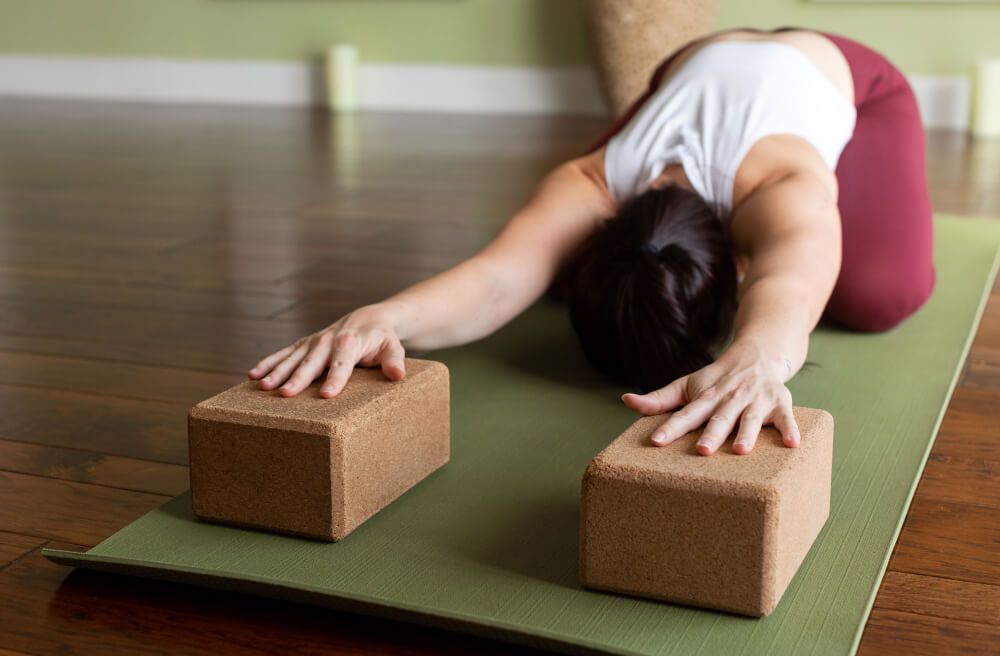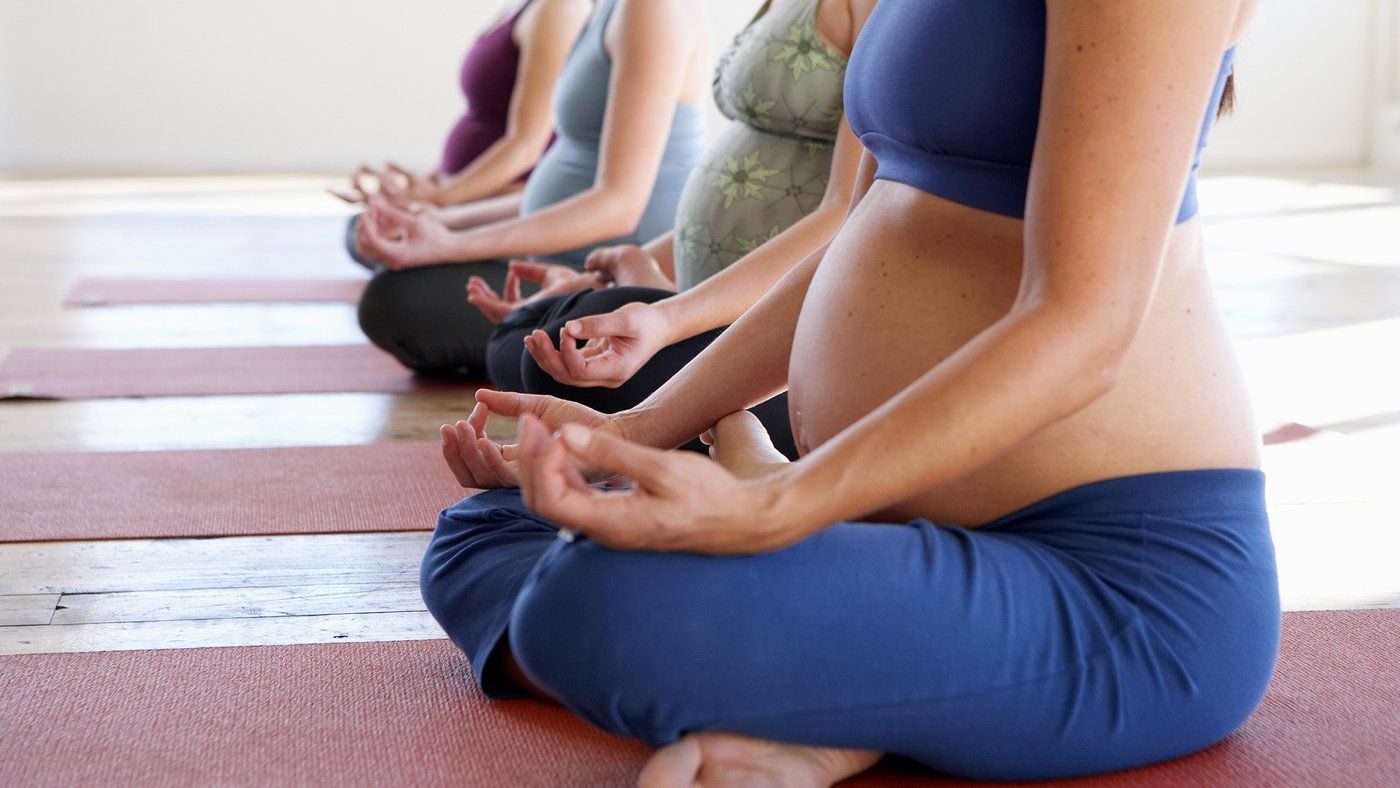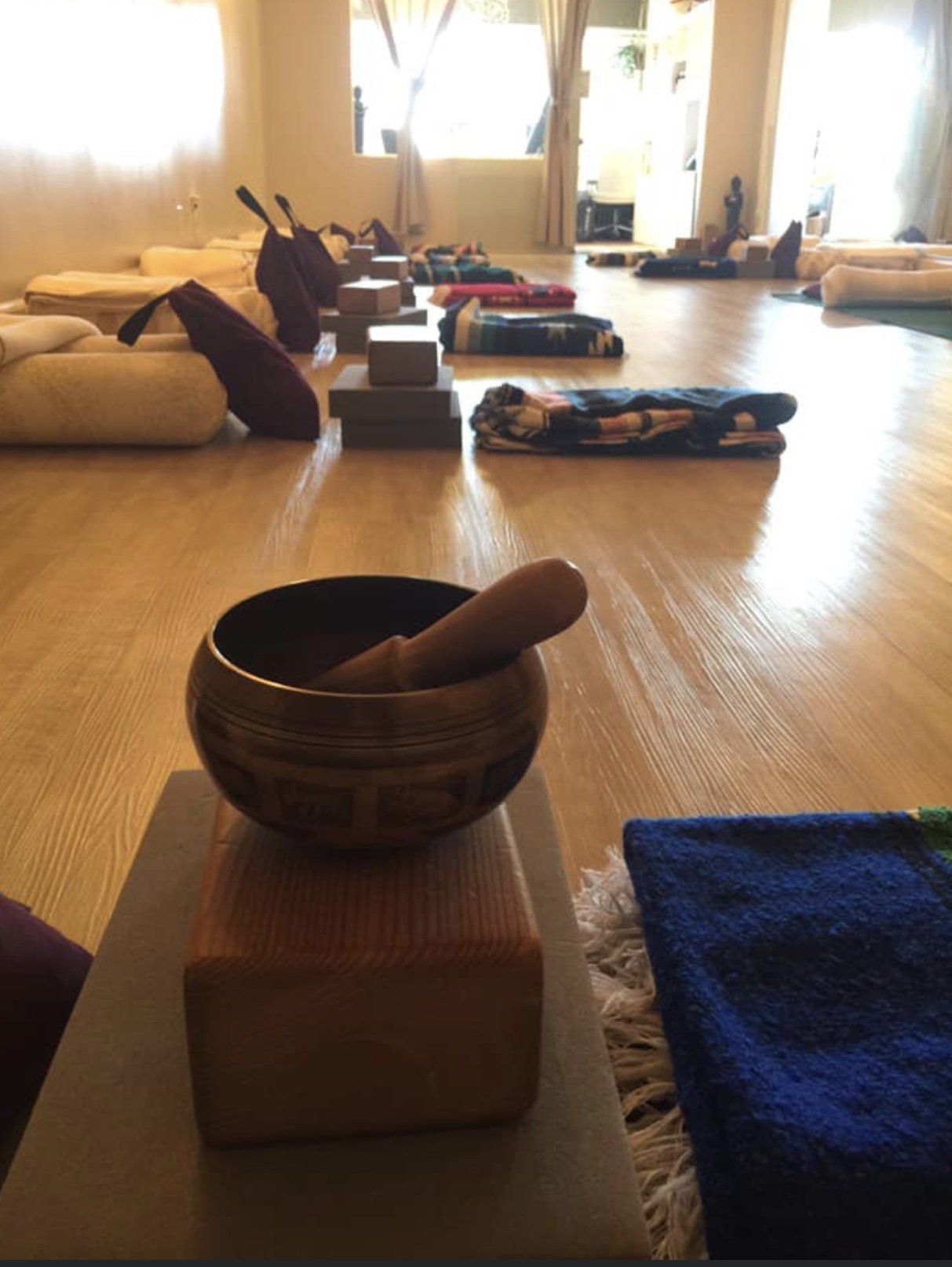Love Yourself This Valentine's Day!

So, it’s THAT time of year again. The cards are out, flowers and chocolates in the shops, and the candlelit tables are all booked up weeks in advance. With good reason, many of us find it all rather superficial and insincere. Perhaps some of us might join the cynical chorus asking why we need a specific day to express our affection for someone else. We may even go as far as to accuse the the forces of capitalism of driving demand for “stuff”. But I’m not here to monologue on the meaningfulness of St. Valentine’s Day, and I’m certainly not here to criticise anyone for wanting to express themselves or to show affection for someone else (we all need to be doing this more, not less).
Perhaps my cynicism around the 14th February isn’t so much a valid critique of modern consumerism, as it is a projection of my frustration at a lack of meaningful affection. Is it too much to ask to be loved? Actually, yes… and no. The answer really depends on what you think love is, and where you propose to find it.
What is Love?
In the English language, we use the word “love” to refer to the emotional state of having a deep level of affection for something or someone. The word “love” itself derives from Germanic, Indo-European and potentially Sanskrit roots – all referring to an abstract form of pleasure or desire; feeling good about something and wanting it.
Love is probably the most ubiquitous topic in creative arts, writing and philosophy. In the West, Ancient Greek philosophers identified different types of love: Philia , Eros and Agape . Philia loosely translates as friendship or brotherly affection. Eros refers to romantic or passionate love. Agape is rather more difficult to translate in to English, but broadly encompasses what you might refer to as “divine” or “selfless love” (meaning good will, or charity) and touches on the concept of an unconditional, universal love.
Many of these concepts are echoed in Eastern philosophy, though interestingly the majority of these ancient concepts of “love” do not tend to differentiate between forms. In ancient Hebrew, Chesed refers to an all-encompassing affection and kindness between people, God and the world around. From ancient Arabic, Ishq refers to the inseparable bond between people, goodness and truth (and, beautifully, is related to an Arabic word for Ivy). The Confucian concept of Ren denotes what we might identify as universal love, altruism, or empathy. Hindu philosophy teaches Bhakti , a concept encompassing attachment, faith, devotion and participation. The Buddhist concept of Mettā refers to benevolence and universal loving-kindness, and is one of the only ancient concepts to explicitly include love for oneself.
Modern philosophical concepts and definitions of love focus on the psychology of attachment, and the neurobiology of attraction. The reductionist view taken within scientific disciplines tends to view love as a collection of physiological and psychological processes which drive behavioural association with a potential mating partner or behavioural orientation to a desirable object, activity or social connection. Which is a slightly technical way of saying love is an internal process which orients our behaviour towards certain people or things for a purpose.
No Self-Love?
It’s strange that very few of the concepts from which we derive our understanding of “love” mention the idea of loving oneself. In fact, aside from Mettā in Buddhist philosophy the only other overt reference to self-love in our understanding of love is found in the writings of French philosopher Jean-Jacques Rousseau – who coined the phrase “Amour de Soi”.
When we talk about love, we are often talking exclusively about romantic love. Worse, we are often referring to an idealised, conditional form of affection from outside of ourselves. Through the prevailing mechanics of our society and culture, we are conditioned to seek everything we need from our external world. This is perhaps highlighted at this time of year, as we rely on overt material gestures to express our affection for those we love – and we are perhaps guilty of expecting it in return.
Not only is it usually unhealthy, but it is also often unreasonable to expect the world (and people) around us to meet our needs. Seeking what you need from outside of yourself is a pathway to codependency and feeling unfulfilled, but I have great confidence in saying we have all been guilty of it.
So, how can we find a healthy and unconditional form of love? The answer might be closer than you think. There is only one person who will always be with you no matter what, and will always be capable giving you what you need. You.
Love Yourself!
Maybe you’ve got a hot date, maybe you’d rather avoid it all. But perhaps this Valentine’s Day, invest your energy into cultivating a strong and loving relationship with yourself. This is by no means a definitive guide to self-love, but here are some self-loving ideas to get you started:
1. Get to know yourself. Spending time alone with yourself can be uncomfortable, but there is a reason for this – particularly if this is alien to you. Tuning in to your own rhythms and behaviours can be very revealing about your choices, and why they might or might not be making you happy. You’ll probably find you aren’t exactly the person you imagine. Understanding who you are makes it a lot easier to know how to make yourself happy.
2. Self-Acceptance. Striving to be something we aren’t can be incredibly damaging, and it’s almost certainly going to be making you less happy. Understand who you are. Acknowledge your limits and your flaws. Forgive yourself for getting things wrong. It is not about finding things we like about ourselves. It is about accepting ourselves exactly as we are, honouring who and what that is, and beginning to make decisions in the best interests of that person.
3. Self-Reliance. Being able to rely on yourself is not only a healthy thing, it can help you avoid making decisions for need rather than for happiness. Teach yourself to file a tax return. Learn how your PC works and how to fix it. Teach yourself to DIY (these are a great opportunity to do 1 and 2)! The less you rely on the world around you (and the people in it), the more you might find you can accept it as it is.
4. Prioritise Your Own Needs. Once you have a good idea of who you are and what is best for you, don’t allow yourself to compromise on it. Helping others does not have to mean putting aside your own wellbeing. Observe your own boundaries and keep them firm. If others care about you, they will learn to care about your boundaries too.
5. Invest in Your Wellbeing. Too often we cut corners in our own self-care, often because we don’t prioritise our own needs. Make that medical appointment. Feed yourself properly. Get enough sleep. Seek physical or psychological therapy. Allow yourself to pay for those Yoga classes, or that gym membership… or that spa day.
6. Be Affectionate with Yourself. Care for yourself the way you would care for other people you love. Be your own best friend. Talk to yourself the way you would talk to someone you love. Literally hug yourself. Give yourself a break. Have a bath. Surround yourself with people who make you feel good, and who have the same priorities. Take yourself on a date (cinemas and restaurants really aren’t that weird on your own – plus you get to pick the place and the movie)!
7. Balance Your Mind. Unconditional love means giving and remaining present, especially when it isn’t easy to do so. Learning to keep yourself and your mind balanced requires practice and discipline, but is one of the biggest acts of love you can give for yourself and for others. One of the best ways to practice this is by learning a meditation practice.
It is very hard to be selfless unless you are a little selfish first. It is very hard to love or be loved if you don’t first love yourself. Whether or not you have a date this February 14th, make a date with yourself and learn to love that person. You’re stuck with them forever, after all!











